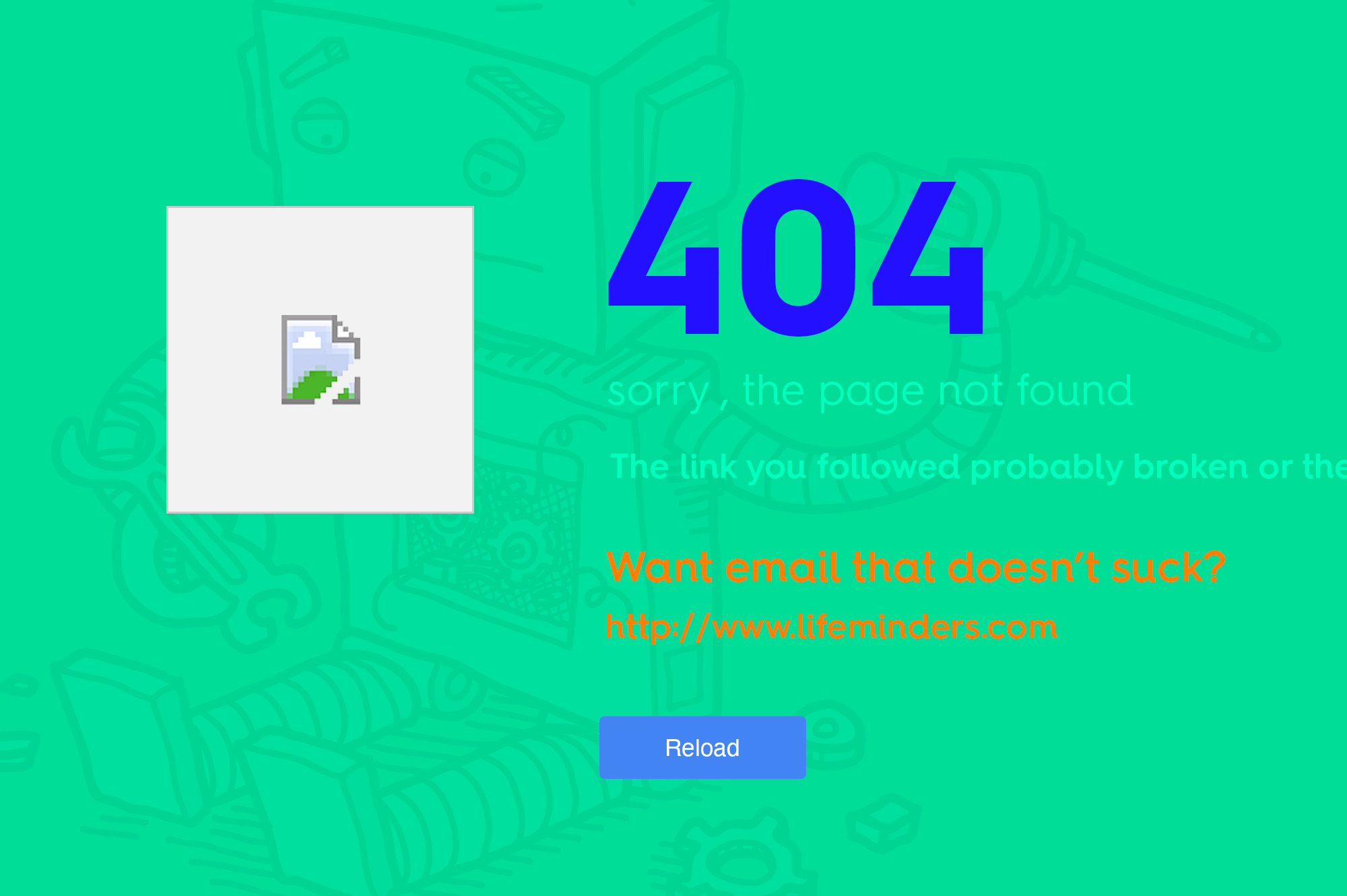
If you’re like most people, scheduling a routine doctor’s appointment probably doesn’t top your list of favorite activities. It’s understandable; after all, who wouldn’t prefer a nice dinner out or a relaxing round of golf over a trip to the clinic? But despite the initial reluctance, there’s a certain satisfaction in knowing you’re taking proactive steps toward maintaining a clean bill of health and living your best life.
When it comes to your brand’s digital presence, your website deserves the same level of attention. And while we may not wield stethoscopes at Peaktwo, we are experts in website health and performance. Just like regular check-ups keep you in top shape, monthly health assessments of your website are crucial for maintaining peak performance.
Here Are Five Quick Health Checks to Optimize Site Performance:
Friendly tip: When using any of the tools recommended below, resist the urge to jump to conclusions based on a single result. No need to hastily ping your developer on Slack or send an urgent email to the entire marketing team. Not every issue flagged is a cause for concern. Instead, use the results to start a constructive dialogue with your team or agency. Many of the so-called “bad” results have quick fixes, while others might not need fixing at all.
1. Accessibility
Website accessibility is crucial because it ensures that your website can be used and understood by a diverse range of individuals, including those with disabilities. And depending on your industry or location, accessibility rules may be strictly enforced.
A web accessibility testing tool is a quick way to scan your website for issues and errors. Fixes may need to be done by a web developer, but there are also some premium tools that can quickly add compliance to your website.
Recommended Tools
https://wave.webaim.org
https://accessibe.com/accessscan
2. Broken Links
Nobody likes a 404 page – unless they are really creative ones – and even then it’s frustrating. Broken links confuse visitors and hurt your website’s credibility and SEO rankings. Scan your website regularly using a broken link checker to identify and fix any 404s lurking in your content.
Most broken links can be easily fixed by anyone with access to your website’s CMS.
Recommended Tools
https://ahrefs.com/broken-link-checker/
https://www.brokenlinkcheck.com/
3. Page Speed
We’re a society with short attention spans. Like most site performance issues, slow-loading websites frustrate visitors and can have a negative impact on your search engine rankings. So even if your site seems fast to you, it may not be for others. These tools linked below can provide insights into your website’s performance, and offer clues for improvement. NOTE: We aren’t recommending you hang your hat on the results (green doesn’t always mean better), but look for the low-hanging fruit that might have a serious drag on speed (large images that need optimization, pop-ups that take too long to load, etc.)
Recommended Tools
https://gtmetrix.com
https://pagespeed.web.dev
4. Mobile-Friendliness
There are a lot of tools out there to test the performance of your site across mobile devices (Google’s PageSpeed test has an entire section on mobile), but that’s not what we’re focused on here. We’re talking about how the site displays visually on mobile. Have you ever been on your mobile device and the website you are viewing is floating side-to-side in addition to scrolling up and down? Or the text is really, really big and the images go off the side? Making a website function responsively requires not just great coding, but real user testing.
There’s no perfect tool for this one, just good old-fashioned surfing. Take a few minutes to browse your website on your phone, especially key pages like the homepage and CTA (form submit) pages. An incorrectly embedded video or a recently updated plug-in can easily break a site on mobile. This is especially common when there are too many people (internal and third party partners) making changes to your website.
5. Access & Security
And speaking of too many people, when was the last time you reviewed access to your Content Management System (CMS), hosting, or analytic tools? Employees and agencies come and go, but usernames and passwords live forever. If someone is no longer associated with your company, revoke that access immediately.
The most common overlooked access we find are within a CMS (like WordPress), analytic tools (like Google Analytics, Tag Manager, and Business Profile) and CRMs (like Hubspot and Salesforce). Take five minutes to audit your users and make sure that only the people who need access have it. You may also want to review permissions – if someone doesn’t need to be an admin – often the highest level – drop them down to an editor or manager.
Is Your Website Underperforming?
As the cornerstone for all of your marketing efforts, your website’s performance directly impacts your brand’s visibility, credibility, and ultimately, its success. By routinely identifying and addressing any issues, you can ensure your website remains a powerful asset in driving your business forward.
The bottom line is that a poorly performing website leads to bad user experiences, drops in traffic, and lower conversions. Start investing in the health of your site with a monthly website health check. We regularly test, maintain and optimize our clients websites for the best health and performance.
If you’re not sure where to begin, send us a note and we can chat about how you can get your site performing at the highest level.

